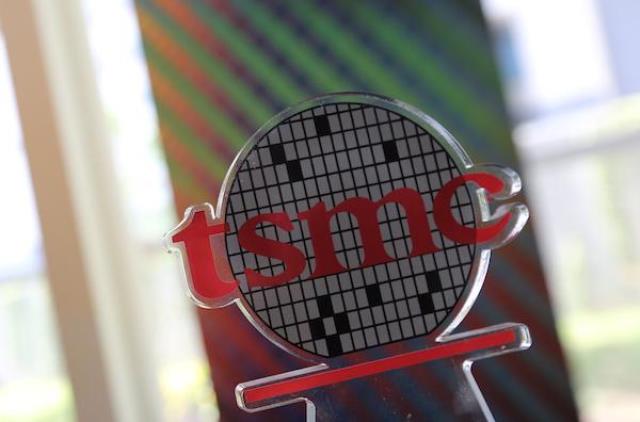Taiwan’s TSMC is expecting a 37 percent increase in sales during the current-quarter as chipmakers started charging premium prices for their products cashing in on the shortage.

TSMC is expecting strong demand from smartphone customers and high performance computing (HPC) chips, as well as strong demand for auto related chips.
Taiwan Semiconductor Manufacturing Co (TSMC), the world’s largest contract chipmaker and a major supplier of Apple iPhones, forecast revenue of $17.6 billion to $18.2 billion in the quarter ending June 30, up from $13.29 billion a year earlier.
Revenue from its HPC business, which serves customers such as Qualcomm, rose 26 percent in January-March from October-December, and accounted for 41 percent of TSMC’s total revenue.
HPC will be the strongest growing business in this year and in the following years.
Revenue from TSMC’s smartphone business, which sells to Apple, ticked up 1 percent from the previous quarter in a typically soft season for the product.
Apple is planning to lower iPhone and AirPod production due to a demand slowdown caused by the Ukraine crisis and rising inflation.
TSMC is working to address supply chain challenges with tool suppliers to help them expand capacity, CEO CC Wei told an online earnings briefing.
“Our suppliers are facing great challenges in their supply chain from the continued impact of COVID-19, which are creating labour, component and chip constraints in their supply chains, and extending tool delivery time for both advanced and mature nodes,” he said.
TSMC defines advanced node as 7 nanometre and more advanced technologies, chips that account for half its revenue.
Wei said that TSMC had been facing the tool delivery problem since the beginning of this year and the company was working hard with its tool suppliers to resolve issues, including sending teams on site to support suppliers.
The company has already increased capital spending for this year to keep up with the surge in demand.
TSMC expects chip demand to continue in the long term. The boom in the industry will be supported by demand for HPC chips for 5G and artificial intelligence, as well as an increase in chips used in gadgets, Wei said.
The shortage has forced automakers and electronics manufacturers to cut production.
